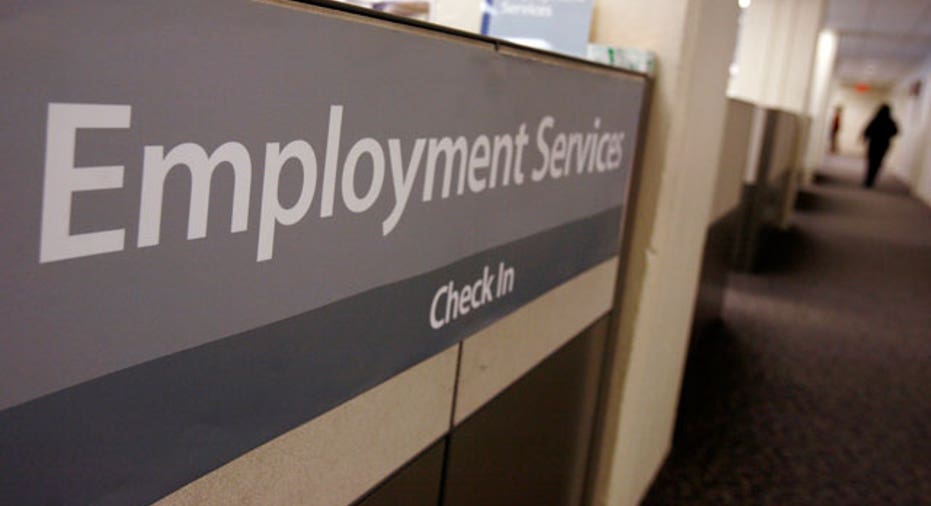Fewer Job Seekers Move to Find Work in 2011

The weak economic climate and anemic job market has caused workers to be less willing to relocate for a new job.
The number of job seekers willing to move for a position dropped to near record lows in the second half of 2011, according to global outplacement firm Challenger, Gray & Christmas, which surveyed 3,000 unemployed workers.
During the last two quarters of 2011, 7.5% of job seekers moved in order to take the job, a decrease from 9.4% moving for employment in the first two quarters of the year.
“It’s the insecurity in the economy,” says John Challenger, chief executive officer of Challenger, Gray & Christmas. “When people are worried about their economic situation, they can be overly cautious and not open to risk. The unwillingness to take risks can lead to this kind of low relocation rate we are seeing.”
Job seekers willing to relocate dropped sharply following the housing market collapse in 2008. Since the fourth quarter of 2009, the quarterly relocation rate has averaged 7.9%, almost half the pre-recession rate of 15.7% seen from 2005 to 2007.
According to the Bureau of Labor Statistics, U.S. jobless claims increased by 21,000 to 377,000 for the week ending Jan. 21. Meanwhile, the four-week moving average dropped from 380,000, while continuing claims reached 3.55 million.
“Another factor with regard to the job market is that when people lose their jobs, they may end up going underwater on their mortgage. If they find another job that’s in another state or town, by that point they’re stuck in their homes, and they can’t take the opportunity. It would be great if every job seeker could expand their search to multiple areas of the country, but it’s not available to people who are locked into a home or condo,” says Challenger.
Overall, Challenger says the study shows people should start widening their geographic search for work if possible. Job seekers looking for work in small towns should start investigating work in larger cities nearby.
“It’s crucial, especially for the long-term unemployed. You may not want to move, but it’s better to be working than not working.,” says Challenger. “At times you will have to take that risk and be open to moving rather than shutting down and looking in your own local market. If you’ve been out of work for a while, opening you your search may be just the thing that can reduce the pressure.”



















